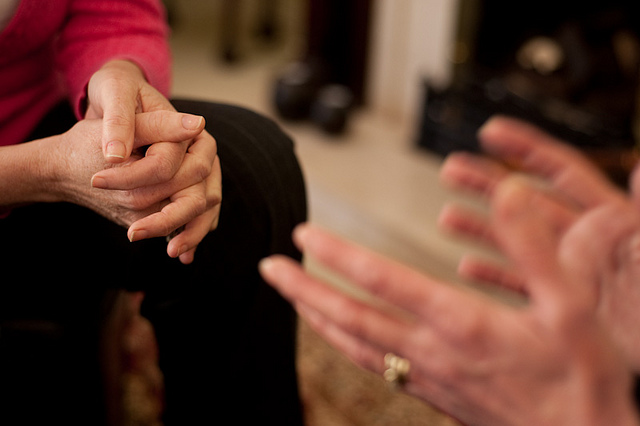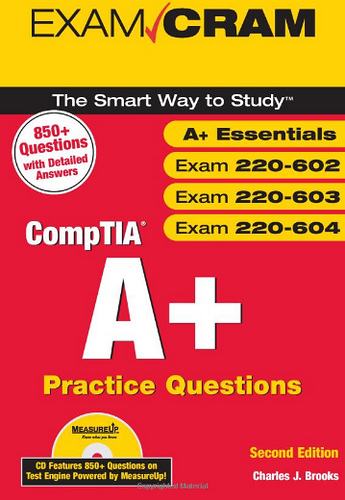Answer: no.
This article is talking about counselling for mental illness… in fact, a counsellor may not be able to work with you if you are mentally ill.
Counselling and psychotherapy are not psychiatry. They are a valuable form of psychological support that can assist you in unravelling problems (sometimes emotional, sometimes cognitive) but only if you are able to participate in the process too.
If you are diagnosed with a mental illness, then counselling may be contraindicated – and certainly counselling won’t be as effective if you were not able to engage in the process with a good (or at least a reasonable) sound sense of yourself and a stable-enough mental health.
Beginning Counselling.
All counselling begins with an assessment. This is not a mental diagnosis because counsellors are not qualified to make such diagnoses. Instead, we are making sure (as much as we are able because we are human and don’t have foresight!) that you are able to engage well enough with the counselling processes, and with us as your counsellor.
Counsellors won’t announce that you have an undiagnosed mental illness during the assessment. Apart from anything, counsellors are not qualified to make diagnoses of mental health – although we have experience and training in being aware if there is something amiss in a person’s mental health (which may help us judge if we are the right sort of therapy for an individual, or might help us to help a client find the right sort of therapy).
Counselling and maintaining mental well-being.
If we do become concerned for your mental well-being, we have resources (such as our supervision and access to psychiatric support where needed) that we can consult. This is to make sure that we have your best mental health in hand.
If we are concerned for your mental health it may be ethical to bring this matter up with you (it’s not likely we will go behind your back to your GP or other mental-health processional).
All in all it’s not very often that a person coming to counselling will cause us to seek such advice, but we are prepared if this might be the case. At least … counsellors should be so prepared.
Psychiatry & mental illness.
Mental illnesses are diagnosed by psychiatrists. A psychiatrist would fully assess someone in person (ie face to face), taking a history of the person’s mental behaviour & capacity from the person themselves and also from as many other sources as possible. More than one problem can be identified during diagnosis.
Once there is a diagnosis a full treatment plan can be put in place, requiring the psychiatrist to consider medical, social and psychological (eg counselling) treatments available.
Whilst a counsellor/psychotherapist may be aware of a person’s mental illness, they are not in a position to diagnose. An ethical counsellor’s approach would be to discuss their concerns with their supervisior and other psychological resources before deciding whether or not to discuss with you their observations and their advice about seeing your GP. Think of this like having a potential problem highlighted for you, and the choice to take the matter any further remains yours.
Talk with a Counsellor.
If you’re thinking about counselling and that it might help you, but you’re afraid that you might be seen by others (or, indeed, the therapist) as having a mental illness, be assured that this is most likely not the case … irrational fears are certainly very powerful, but we can deal with stuff like that in counselling.
Talk it through with the counsellor. You may be relieved.









